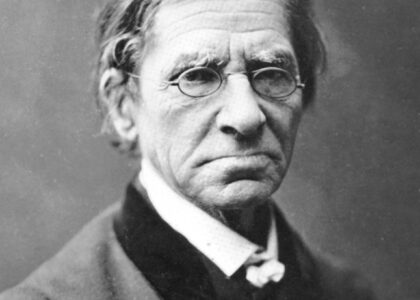Welcome to Camp Nelson National Monument in Nicholasville, Kentucky—a place steeped in the complex and transformative history of the American Civil War. Established in April 1863 by the Union Army, Camp Nelson quickly became a crucial supply depot and a bustling recruitment center during one of the most tumultuous times in American history. Named after Major General William ‘Bull’ Nelson, a Union officer who was tragically murdered, this site played a pivotal role in the Union’s military strategy.
As you walk through the serene landscapes of Camp Nelson today, it’s hard to imagine the bustling activity that once filled this 525-acre camp. At its peak, Camp Nelson was a hive of military operations, with thousands of soldiers and civilians passing through its grounds. The camp was strategically placed to support Union advances into Tennessee and to protect the vital Hickman Bridge, the only bridge across the Kentucky River upriver from the state capital, Frankfort.
One of the most remarkable aspects of Camp Nelson was its role in the recruitment and training of African American soldiers. In 1864, under the direction of General Ulysses S. Grant and General William Tecumseh Sherman, Camp Nelson became one of the largest centers for the enlistment of African American troops, known as the United States Colored Troops. Over 10,000 formerly enslaved men came to Camp Nelson to join the fight for their freedom and the Union cause. Their courage and determination not only bolstered the Union Army but also advanced the cause of emancipation and civil rights in the United States.
Despite its importance, Camp Nelson faced numerous challenges. The lack of railroads and the distance from key battlefronts often hampered supply efforts. Yet, the camp’s strategic importance kept it operational throughout the war, supplying horses and other resources for major battles such as those at Saltville and Atlanta.
The human stories of Camp Nelson are as compelling as its military history. Many African American recruits brought their families with them, hoping to secure freedom and a new life. Tragically, in November 1864, nearly 400 women and children were forcibly removed from the camp under the orders of Brigadier General Speed S. Fry, leading to a national outcry and highlighting the harsh realities of the era.
Today, Camp Nelson National Monument stands as a testament to the resilience and sacrifice of those who passed through its grounds. It offers visitors a chance to reflect on the complex history of the Civil War, the struggle for freedom, and the enduring impact of those who fought for equality. As you explore the monument, imagine the echoes of the past and the stories of heroism and hardship that make Camp Nelson a truly significant place in American history.





